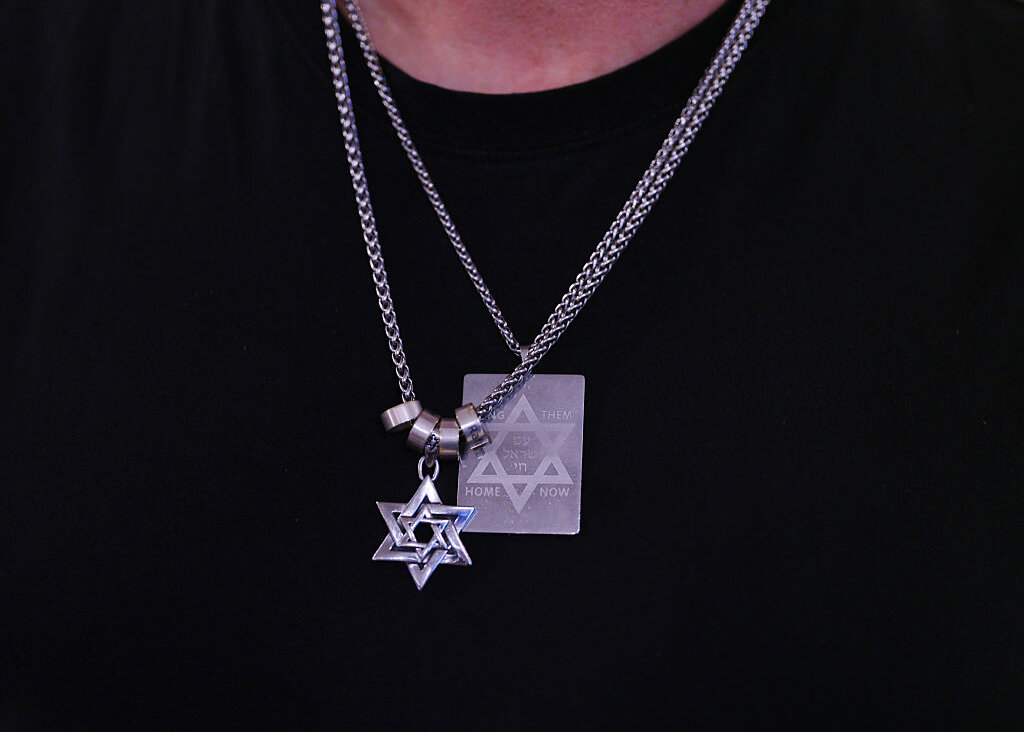Israel Wants $5B a Year in American Aid

Image by Getty Images
Israel has made an initial request for its annual U.S. defense aid to increase to as much as $5 billion when its current aid package, worth an average $3 billion a year, expires in 2017, U.S. congressional sources said on Wednesday.
Israel wants $5 billion per year in military aid for 10 years, for a total of $50 billion, the congressional aides said. It has been signaling that it wants more money to counter threats it says will arise as a result of the international agreement on Iran’s nuclear program, which Israel’s government has staunchly opposed.
Congressional and other U.S. officials cautioned that negotiations on the new aid deal were still in the early stages and the proposal is not yet at the stage where it has been formally brought to Congress, which must approve the funds.
“First they have to negotiate with the White House,” one senior congressional aide said of Israel.
Israeli Prime Minister Benjamin Netanyahu is due to visit Washington for talks with President Barack Obama next week, when the package is likely to be discussed and its broad outlines may be agreed.
Israeli government spokesmen declined to provide details on the defense aid talks.
One U.S. official said the Obama administration was unlikely to fully meet the Israeli request, and predicted the sides would settle for an annual sum of between $4 billion and $5 billion.
Israel has also secured hundreds of millions of dollars in additional U.S. funding for missile defense in recent years.
Netanyahu put the brakes on aid talks with Washington in the run-up to the Iran deal that was reached in July, signaling his displeasure with the negotiations. Before he did so, Israeli and U.S. officials said they were looking at a new aid package worth $3.6 billion to $3.7 billion annually.
Both sides have said that figure could rise after the Iran deal, which will place curbs on Iran’s nuclear program in exchange for an easing of sanctions against Tehran.
Israel argues that Tehran’s financial windfall from sanctions relief will allow it to increase backing for proxies that are hostile to Israel in Syria, Lebanon, the Palestinian territories and elsewhere – a fear Washington says is exaggerated.
















